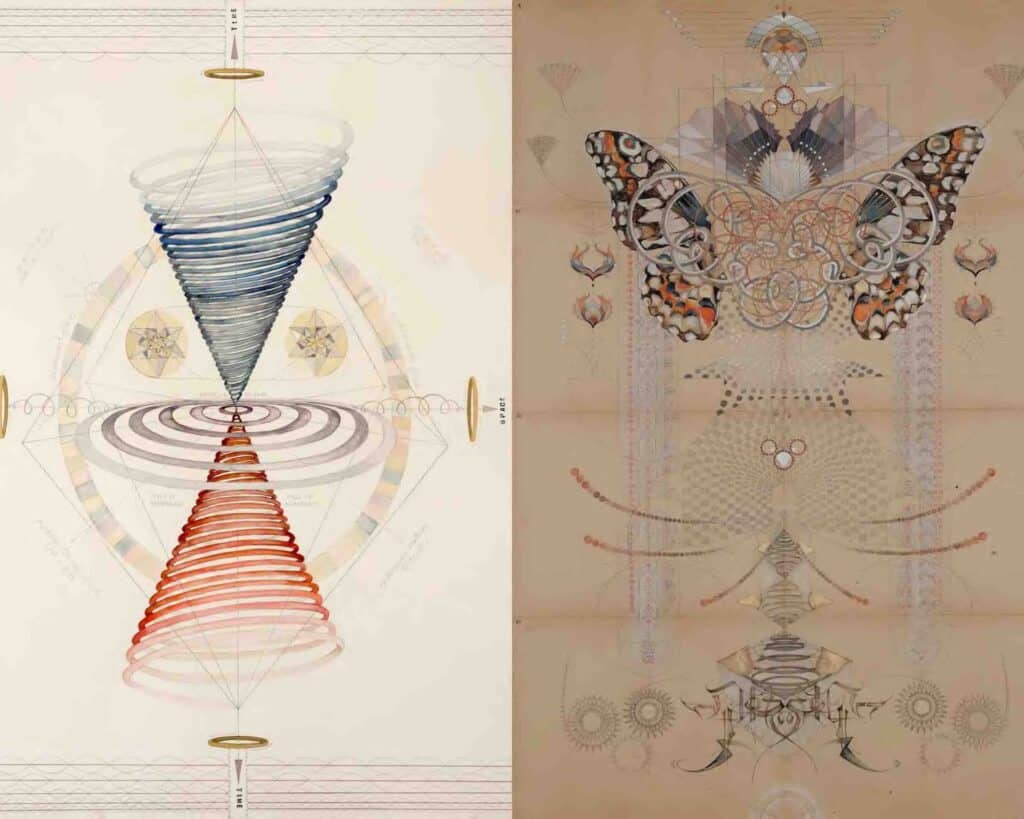
We always talk in our articles about time from a technological point of view, time to market, time compression technology, etc. Please, today, let us talk about time from another equally important perspective.
“Time is too slow for those who wait, too swift for those who fear, too long for those who grieve, too short for those who rejoice, but for those who love, time is eternity.” This sentiment, profound in its simplicity, offers a rich exploration into how emotions and perceptions mold our experience of time. Time, as we know it, is a constant force, never pausing nor changing pace. Yet, in the theatre of the human psyche, time displays an elasticity, stretching or contracting based on the emotional lens through which it is viewed.
For Those Who Wait
Waiting can be an agonizing exercise. Whether it’s the drawn-out seconds preceding a vital life event or the seemingly endless hours that lead up to a reunion with a loved one, waiting imbues time with a sense of sluggishness. The clock’s tick appears to elongate, amplifying our yearning and anxiety. The weight of anticipation can sometimes lead us to feel like we are stuck in a temporal limbo. A five-minute delay can feel like hours when we are rooted to a spot, hanging onto the promises of the future.
For Those Who Fear
Fear has a unique ability to warp our temporal reality. In moments of intense dread, time can seem to race past, leaving us with a sensation of being swept away by an unrelenting current. This rapid passage of time stems from our mind’s desire to escape the source of our fear. Moments of danger or anxiety force our brains into overdrive, sharpening our senses and making the external world appear to move faster. It’s nature’s way of preparing us for fight or flight. In this heightened state, we’re hyper-aware of each fleeting moment, making them appear swift and quick.
For Those Who Grieve
With its heavy shroud of sadness, grief has the power to elongate time, turning days into epochs. The pain of loss, whether it’s the death of a loved one or the end of a treasured relationship, magnifies each second. Nights can seem interminable, and days can drag on without purpose or end. The repetition of sorrowful thoughts and the emptiness left behind by a loss can trap us in a seemingly eternal loop, making it hard to envision a future beyond our grief.
For Those Who Rejoice
On the other hand, joy and exhilaration have the enchanting power to make time fly. When immersed in moments of sheer happiness, like a gathering of old friends or a much-awaited vacation, time has a tendency to slip through our fingers. These are the instances where we wish we could freeze the clock, savoring every minute of our contentment. Yet, time appears to sprint, leaving us with a feeling of transience, a fleeting taste of life’s best moments.
For Those Who Love
But then comes love — a force that transforms our perception of time in the most extraordinary way. For those trapped in its embrace, time is no longer a mere measure of moments. It becomes boundless, stretching beyond the confines of hours, days, or years. We experience an eternal present in love, where every moment is imbued with significance. Even waiting becomes sweet, fear loses its urgency, grief finds its solace, and joy becomes a continuous state of being. Through love, we understand the true elasticity of time, realizing that its essence isn’t just quantitative but deeply qualitative, measured by the depth of experience rather than mere duration.
In conclusion, while the universe’s clock ticks away with scientific precision, our personal experiences of time are anything but uniform. They are shaded, stretched, and molded by our emotional states. Recognizing this can offer a more compassionate perspective on ourselves and others. After all, time is not just an external entity; it’s an intimate dance of our emotions and perceptions, reminding us that our internal world plays as much a part in our experiences as the external one. So, the next time you feel time’s weight or its fleetingness, remember that its elasticity is a testament to the depth and richness of the human experience.

Leave a Reply